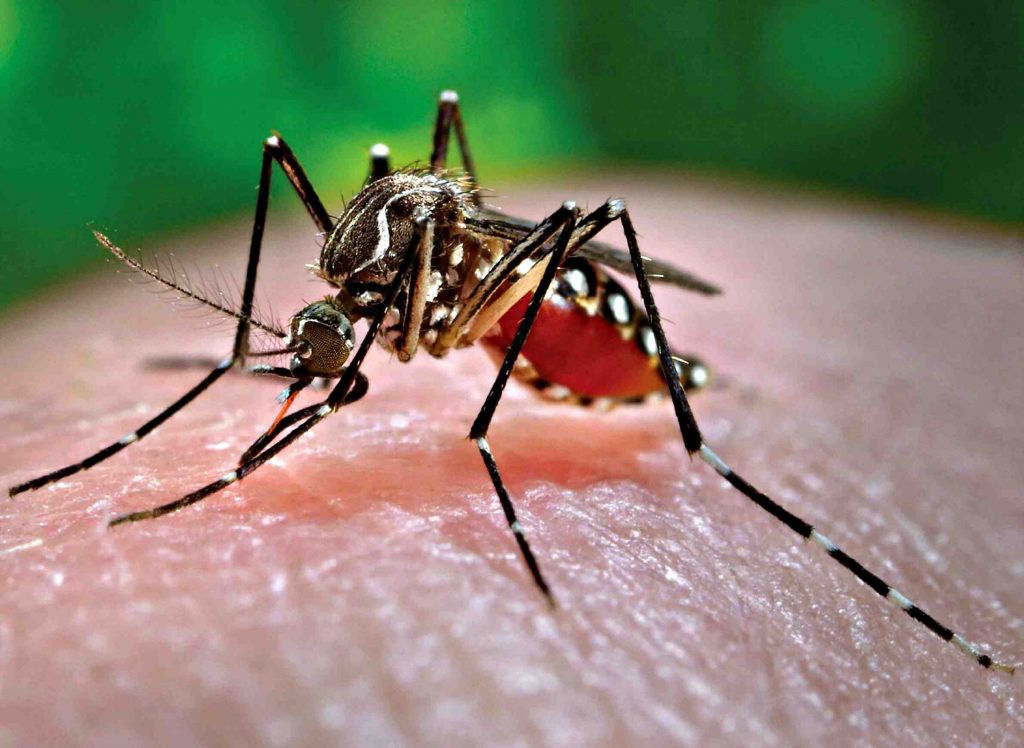The Chikungunya virus isn’t that well-known yet, but it will be in the years to come as more and more people are infected every year. It is transmitted by the same mosquito species that pass-on dengue fever, and there is evidence that they have now migrated to North America. Let’s take a closer look at chikungunya and how it impacts the body.
Transmission
As far as experts know, mosquitoes are the only biting insects that transmit chikungunya. The virus can not be spread from person to person or animal to human with the exception of the extremely-rare situation when a pregnant mother can transmit contaminated blood to their babies. The first reported cases in North America were linked to travelers who were infected while visiting at-risk areas. However, carrier mosquitoes have migrated to the United States via shipping or air travel, and it’s only a matter of time before they become established. Consequently, we will be hearing a lot more about chikungunya in the future.
Symptoms
Most symptoms will develop within a few days to a week after infection, and the vast majority of people will recover within another week or two. However, a small percentage of victims can present symptoms for months following exposure. The most-common initial symptoms include a low-grade fever, mild fatigue, the painful swelling of joints and a rash. The good news is that people who have been infected will develop immunity that will prevent a recurrence in the future. Additionally, there doesn’t seem to be long-term effects that can lead to chronic disease or illness as well. However, a small number of people who are infected will die, but the majority of victims are either infants or the elderly who have undeveloped or compromised immune systems.
Treatment
Unfortunately, there isn’t a vaccine against chikungunya, and treatment options are limited. Aside from providing the victim with plenty of rest, fluids and nutrients, there is little that healthcare providers can do. However, it’s important to seek medical attention if you are exposed in order to minimize the chances of developing secondary complications as the body fights the infection.
It’s also important to avoid taking Acetaminophen, Aspirin or other NSAID pain relievers that thin the blood just in case the victim may have been exposed to dengue fever instead. A simple test can diagnose a chikungunya infection, and these medications can be taken once dengue has been ruled out.
Protection
Like all mosquito-borne illnesses, preventing bites is our first line of defense against infection. Make sure that you are taking practical, common-sense steps to protect the skin while outdoors during mosquito season, and do what you can to make your property as unfriendly to mosquitoes as possible. Remember that it only takes one bite to become infected with one of a growing list of viruses, and vigilance is our first and best layer of protection.
Chikungunya is just one more virus in a growing list of mosquito-borne pathogens that we should be worried about. Cases of exposure to Zika, West Nile and Dengue are also growing at an alarming rate year after year, and it’s clear that officials are not in a position to fully-control mosquito populations. Consequently, we need to be vigilant and attentive to the threat of mosquitoes, and don’t forget that it only takes one bite from a carrier to become infected. Take some time to examine your mosquito-control plans, and make sure that they are providing you with a suitable amount of protection.
